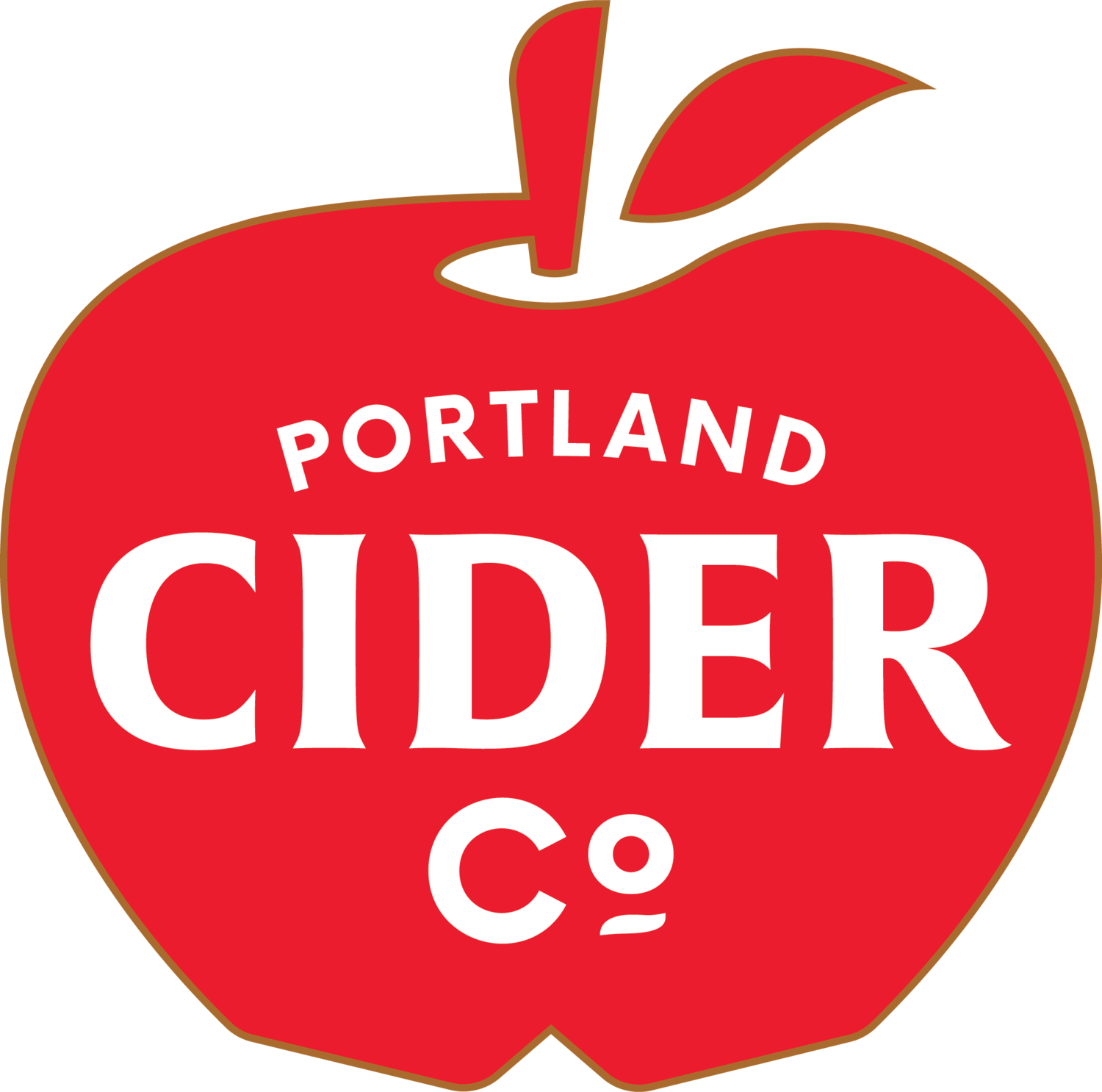Love Cider? Thank a Bee!
Learn four ways to support your local pollinators.
Next time you spot a honeybee, a wasp, a butterfly, or a hummingbird whizzing through the air, consider that one-third of everything we eat comes from plants that require pollination. That’s right—one in three bites of your food grew as a result of one of these mighty little creatures carrying pollen from one plant to another, ensuring that plants keep producing fruits and seeds and continue for another generation.
But what about your drinks? At Portland Cider Co., our real ciders are made with Northwest-grown apples, pears, berries and other fruits that we wouldn’t have without those busy little pollinators! Every spring, the orchards are all a-buzz with pollinating insects that make sure we have plenty of fruit to make our award-winning cider for you.
Honeybees are responsible for pollinating 80% of these plants we depend on, and they’ve been experiencing a pandemic of their own for the last few decades. But we can all do our part to help support the bee populations and protect our food (and cider) supply! A few things to try:
Grow native plants in your own backyard—or in pots on the porch. In Portland, sunflowers, milkweed, lavender and rhododendrons are all easy-to-grow temptations for pollinators.
Roses and apple trees are part of the same family, and are both extremely popular with honeybees. If you have the space, these plants are gifts that keep giving for generations.
Even dandelions do their part to help keep the pollinator population strong, so think twice before spraying them. Weed control chemicals can be extremely harmful to bee populations!
Buy local honey and beeswax products. By supporting local beekeepers, you’re helping provide our regional bee population with humans who are dedicated to protecting and preserving them for all of us.
Bees can travel more than two miles from their hives, so your flowers may end up pollinating gardens and crops all over town. Think about that next time you’re enjoying a proper pint of cider, and give thanks to the busy bees and other pollinators that help us thrive!

